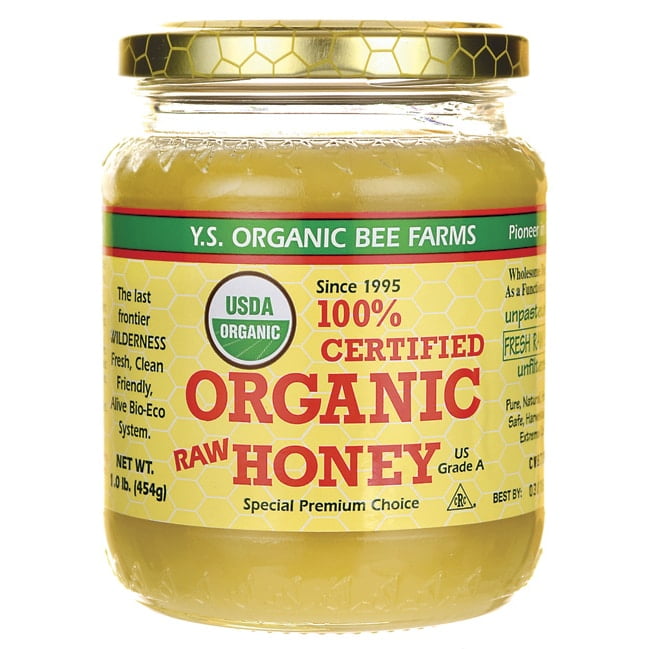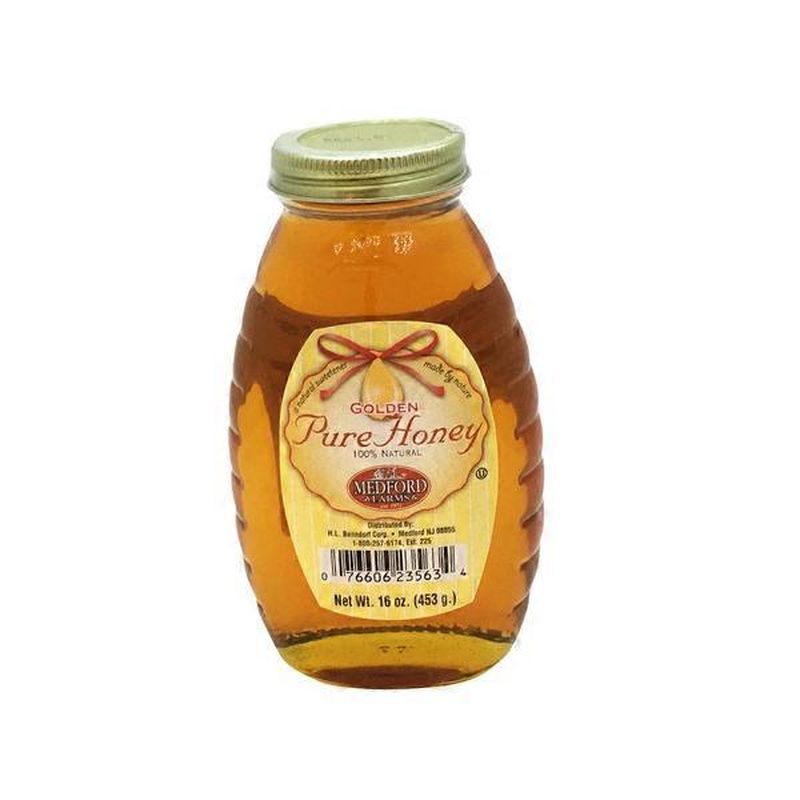

It sounded so right, plenty of people decided that it just had to be true.īloggers and online publications ran with the story.

Got that? Food that doesn't deserve its name, processed beyond recognition, probably adulterated, maybe unsafe, of unknown origin. officials decided that it was being sold at artificially low prices, undercutting American honey producers.) Schneider also reminded his readers that Chinese honey has had a history of safety problems, including contamination with banned antibiotics and lead. (The United States blocks imports of Chinese honey because U.S. The article implied that this was part of a deliberate attempt to prevent anyone from detecting illicit honey from China. If there's no pollen, asserted the story, then the honey must have been "ultrapurified," a technique that can involve diluting honey with extra water, running it through extremely fine filters, and then removing the water.

(Raw honey contains lots of pollen, which bees collect along with the nectar that they turn into honey.) As evidence, the site cited tests showing that there is no pollen in most of that honey. The post, by journalist Andrew Schneider, claimed that most honey on supermarket shelves isn't really honey. How else to explain the reaction to a recent report about honey on the web site Food Safety News? Food Safety News is published by a lawyer who represents plaintiffs in lawsuits against food manufacturers and processors. Maybe we're too inclined to believe the worst about supermarket food. When is filtered honey really honey? The answer may lie in the politics of imported food.


 0 kommentar(er)
0 kommentar(er)
